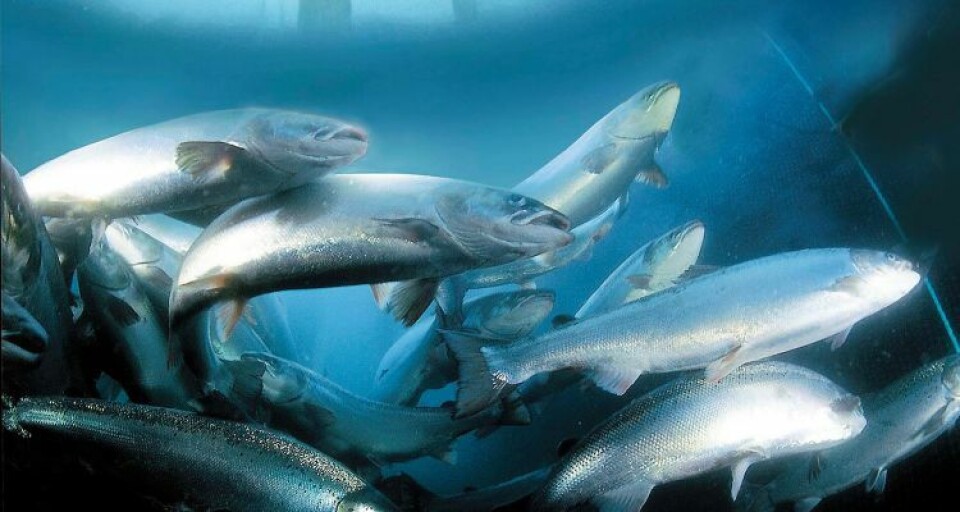
‘New era’ of DNA vaccines for salmon farming
The European Commission’s decision to approve a DNA vaccine for use against a virus that causes pancreas disease has been welcomed by a leading fish veterinarian.
Ronnie Soutar, president of the Fish Veterinary Society and head of fish health and welfare at fish vaccination specialists Aqualife Services, said Elanco's Clynav would be “an addition to the tools in the fish vet toolbox” and could open the door to more DNA and RNA vaccines.
Clynav has been developed to help protect specifically against salmonid alphavirus subtype 3 (SAV 3), a subtype that causes PD in Norway but is not present in Scotland, where SAV 1, 4, 5 and 6 are found in salmon, with SAV 1 being the biggest problem. The vaccine contains plasmid deoxyribonucleic acid as its active substance, which stimulates active immunity against SAV 3.

Soutar said: “I think the cross-protection issue - will SAV 3 vaccine protect against other strains - is one we will be looking to Elanco for answers to in the near future.”
New generation
He pointed out that Clynav was the first DNA vaccine for any species to gain approval, adding: “We would certainly hope that this heralds a new generation of DNA and RNA vaccines, as they have been successfully used against other viruses in North America.”
In a statement to fishfarmingexpert.com, Elanco said it welcomed the positive vote of the European Commission while still awaiting the official confirmation for issuing an EU-wide marketing authorisation on its new and innovative type of vaccine for use in salmon.
The company added: “This vaccine offers a more targeted approach for the prevention of disease in fish and would potentially provide salmon producers a unique, effective alternative for managing this costly disease.
“DNA vaccines offer a more targeted approach for the prevention of disease in fish. Unlike traditional vaccines, water-based DNA vaccines do not need an adjuvant to boost the immune response. Clinical studies performed show that this type of vaccine delivers higher levels of safety and efficacy, and favourable levels of protection from viruses.
“Once we have received the official marketing authorisation, we will proceed with bringing this to the market in Europe. We are more committed than ever to delivering greater innovation and value to our customers.”
Major impact
One more hurdle facing Elanco is whether salmon vaccinated with Clynav will be classed as genetically modified products in Norway – a decision that’s likely to have a major impact on take-up.
“As far as we know the European Union has not commented on this yet, and it will be interesting to see what they and the Norwegian authorities decide,” said Elisabeth Gråbøl-Undersrud, senior adviser at the country’s Biotechnology Council.
She says the Biotechnology Council has on three occasions recommended to the Norwegian authorities that DNA-vaccinated animals should not be defined as genetically modified animals.
“In this way the government can facilitate the development of new vaccines and thereby improve animal health and a sustainable economic development,” added Gråbøl-Undersrud.
Additional approval
“The EU’s approval of DNA vaccines is not automatically accepted in Norway. In addition to EU approval, veterinary vaccines that have received market approval in the EU must also have approval from the Norwegian Medicines Agency and the Food Safety Authority (FSA) before they come on the market in Norway.”
When a vaccine is approved by the EU, the Norwegian Medicines Agency has 30 days to provide the manufacturer with Norwegian marketing approval, something that’s likely to be a formality as the agency has been involved in the scientific assessment process in the EU.
“In addition, the manufacturer of the vaccine must apply to the FSA for a use permit, something all new vaccines must have before they can come out on the market. The FSA assesses the vaccine against the Norwegian regulations for combating disease,” added Gråbøl-Undersrud.























































